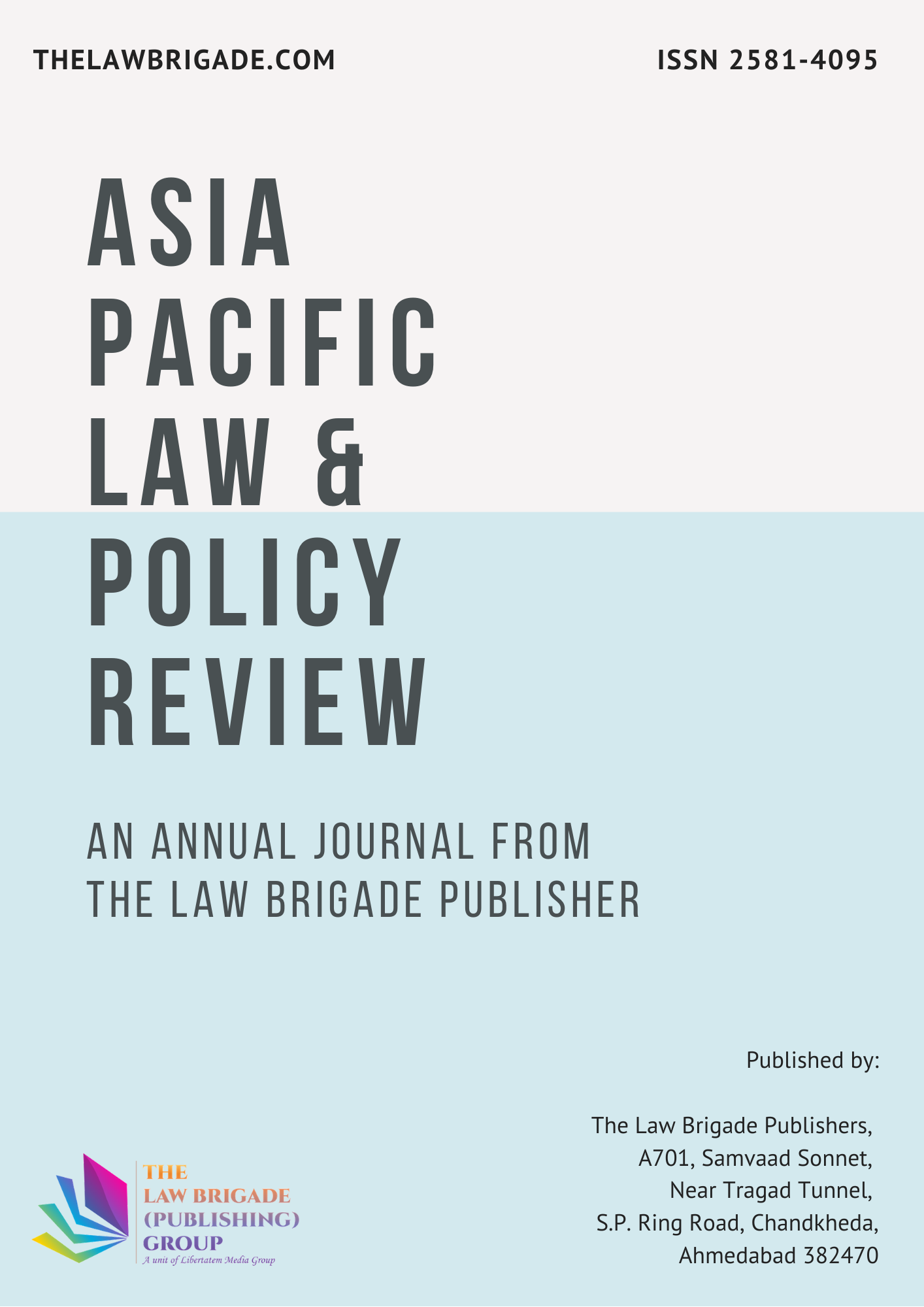Concerns about Somali citizenship were present throughout the last one century and remains on the agenda today. The objective of the study is to provide a more comprehensive picture of the citizenship arrangements and illuminates the linkage between the colonial period, post-colonial and between these related discourses to the present time. The study relies on doctrinal methods, whereby the two primary pieces of legislation governing these requirements are the 1962 Somali Citizenship law and 1963 Somali Citizenship regulations, the Constitution of Somalia 2012 as amended, the Civil Code of 1865 of Italy among others, in addition to Secondary materials, textbooks etc. The study found that, no rights where given to anyone born in the territory of Somalia Jus soli or birth rights citizenship as part of the English common law into contrast to Jus sanguinis or right of blood from the Roman law. The study concludes that, the citizen is one of the cornerstone pillars of the sovereign State. If citizenship does not exist, then there would be no country. The study recommends that, the government of Somalia should abrogate and re-organize citizenship regime once and for all in time, since it creates a substantial and consequential choice about responsibility, governing and in addition to their actions every day.
Legal Analysis of Citizenship and Immigration Laws in Somalia
Publication Information
Journal Title: Asia Pacific Law & Policy Review
Author(s): Ahmed Kheir Osman
Published On: 29/09/2022
Volume: 8
First Page: 128
Last Page: 140
ISSN: 2581-4095
Publisher: The Law Brigade Publisher
DOI Not Allotted [Get DOI]
Cite this Article
Ahmed Kheir Osman, Legal Analysis of Citizenship and Immigration Laws in Somalia, Volume 8, Asia Pacific Law & Policy Review, 128-140, Published on 29/09/2022, Available at https://aplpr.thelawbrigade.com/article/legal-analysis-of-citizenship-and-immigration-laws-in-somalia/
Abstract
Keywords: Somali, Citizenship, Nationality, Ethnicity, Immigration





